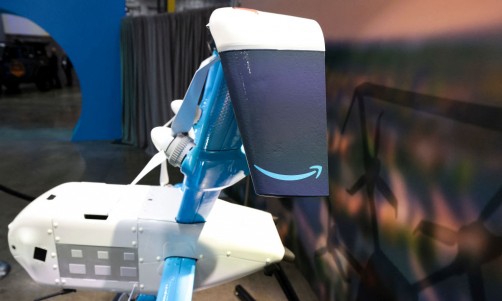Apple is one of the world's leading smartphone makers, but there's one market it hasn't been able to crack: India.
The Cupertino-based company has adjusted its strategy over the last few months, but while its iPhone shipments to India have tripled in three months, Apple still finds itself fighting an uphill battle.
The company shipped more than 250,000 iPhones to the country during its last quarter, but that number only accounts for 5 percent of India's entire smartphone market. Samsung, on the other hand, makes up 40 percent of the country's device shipments.
One reason for Samsung's dominance is price. A new iPhone 5 retails for $850 in India, while older models still go for about $500. That's simply too high for a developing country's general population to stomach, so it's no surprise they've migrated to Samsung. The South Korean giant sells Android-based phones starting at $100.
In order to combat this, the Wall Street Journal reports that Apple has been experimenting with new payment methods, such as offering zero-interest loans for iPhone customers.
While India has more than 800 million wireless users, the country's carriers don't subsidize the cost of smartphones as they do in the United States, meaning Apple's essentially stuck at the premium end of the market until it offers cheaper alternatives.
Of course, depending on who you believe, cheaper iPhone alternatives from Apple may not be that far off. Numerous reports have indicated the company is developing an iPhone mini, or some equivalent device that would allow Apple to compete in developing countries like China and India. Some analysts look at the development as Apple chasing market share, but the fact is that if Apple wants to compete in emerging markets, current iPhone models are simply too expensive.
Apple CEO Tim Cook has also blamed India's convoluted distribution network on the iPhone's inability to penetrate the market. Now, Apple is selling phones directly through two national distributors instead of working with wireless carriers who don't typically have their own stores.
Even opening a specialized Apple store has been a problem. According to the WSJ, the company can't get around Indian laws that require "foreign retailers purchase 30% of the value of India sales from domestic suppliers — unmanageable in a country with virtually no electronics manufacturing."
India's government considers the requirement "reasonable," so it looks like in order to make a bigger impression and compete with Samsung, Apple is going to have to expand its line of available products.














